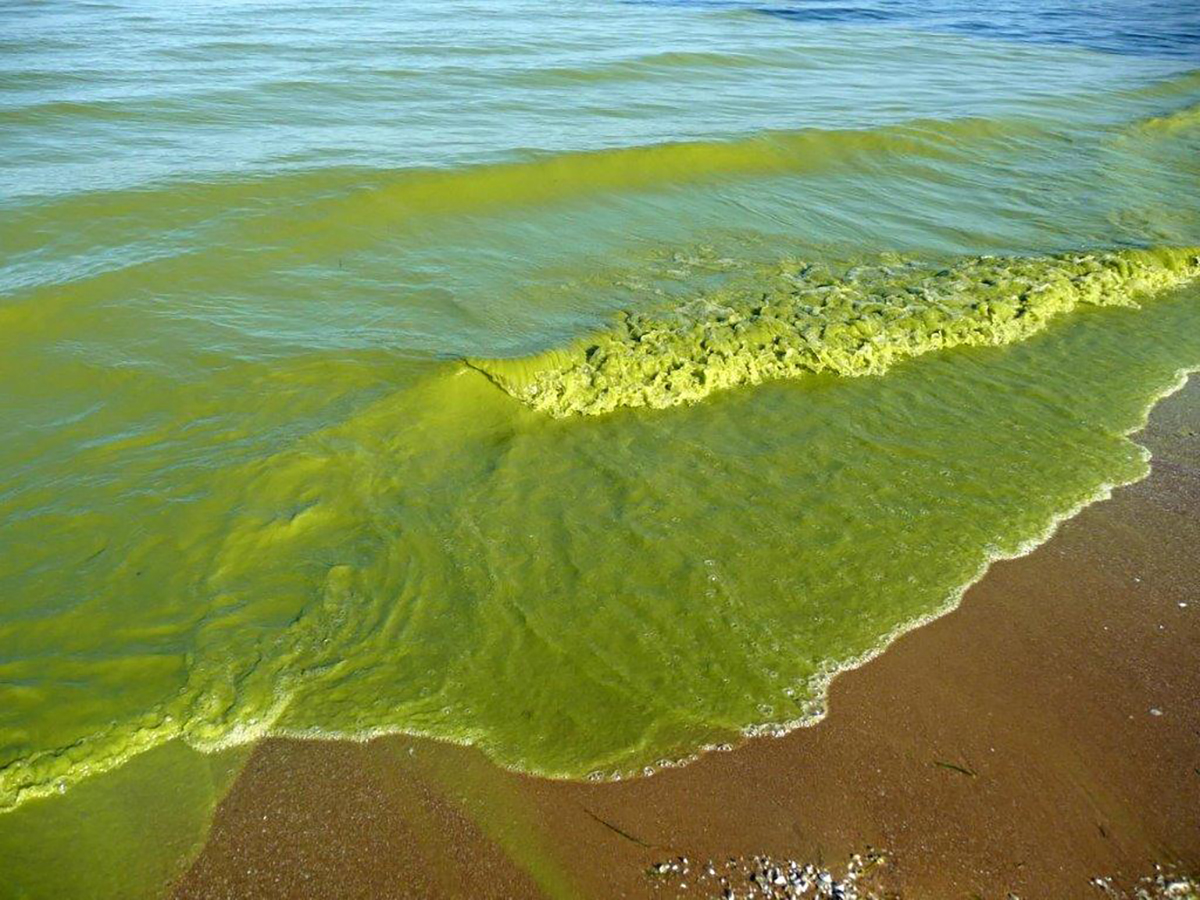Plantations International Information
A new $ 1 million (appr. EUR890,000) connection in between Michigan State University (MSU) and also ExxonMobil will certainly increase research study developed to advance the essential scientific research required to progress algae-based fuels.
The general objective of the partnership is to enhance the effectiveness of photosynthesis in microalgae to create biofuels and bioproducts.
The trick to bioenergy is the effectiveness of photosynthesis, the procedure algae usage to record solar power and also the very first step in converting the power from the sun into a fluid gas.
Previous research has actually shown that algae photosynthesis can be extremely effective under optimum conditions in the lab, yet under practical growth problems this effectiveness drops.
But according to David Kramer, MSU’s John Hannah Distinguished Teacher in photosynthesis as well as bioenergetics at the MSU-DOE Plant and Study Research laboratory (PRL), nature has luckily offered a fantastic potential for improvement.
‘There are various strains of algae that have actually adapted to function well in various settings. What we wish to do is figure out exactly how they are able to do this as well as exactly what genes are accountable. With this knowledge, we could possibly combine qualities to get strains that are much more effective even under extreme conditions,’ Kramer says.
The project will take advantage of these organic variants along with a collection of brand-new modern technologies developed by the Kramer laboratory at PRL that allow fast, high-throughput testing of photosynthetic performance of several algal lines under simulated development problems.
Among these modern technologies, established via a grant from the United States Department of Energy (DOE) is a matrix of specialized chambers, called the environmental PhotoBioReactor, that permit algae to be examined in detail under simulated production environments.
The second Kramer laboratory modern technology, created with assistance from the Photosynthetic Equipments and also Physical Biosciences programs at the DOE, is called PhotosynQ and also is a network of portable sensors called MultispeQ that are being utilized by numerous researchers around the world to probe photosynthesis.
These sensors allow the Kramer laboratory to gauge the photosynthetic processes in several algal cultures at the same time under various problems to discover why some stress are a lot more reliable compared to others.
ExxonMobil’s objective with the task is to have actually algae bio-oils refined in its refineries to supplement unrefined oil as the raw product to produce gasoline, diesel, aeronautics energies, and also marine fuels.
In addition to fuels, the company also is checking out prospective applications for other items such as chemicals as well as lubes.
‘We proceed to evaluate our finest alternatives for continuous algae biology research study as a component of a wide biofuels research effort. We are anticipating collaborating with MSU on this job,’ states Vijay Swarup, vice head of state of ExxonMobil Research study as well as Design Firm.
‘Algae biofuels study and development is a long-lasting endeavour and we are partnering with a few of the leading scientists in the areas to much better understand the basic scientific research and assist their innovative study.’
Biofuels Plantations International

